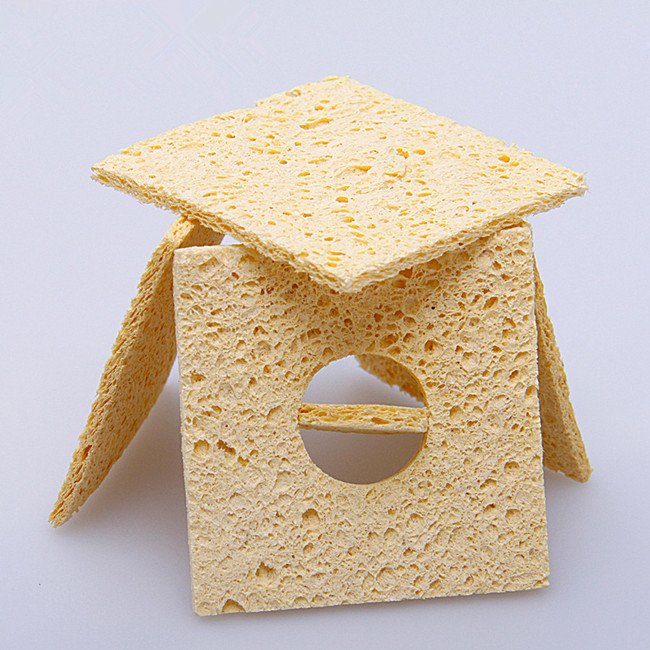Industrial filter sponges are specialized porous materials used in various industries for filtration, separation, and fluid management. They are designed to handle high flow rates, resist chemical degradation, and trap particles efficiently. Below are their key applications, types, and benefits in industrial settings.
1. Common Applications of Industrial Filter Sponges
A. Water & Wastewater Treatment
- Municipal water filtration – Removes sediments, algae, and organic matter.
- Industrial wastewater treatment – Filters oils, chemicals, and suspended solids.
- Aquaculture & fish farms – Maintains clean water while providing biofiltration.
B. Food & Beverage Industry
- Liquid filtration – Removes impurities from juices, beer, wine, and dairy products.
- Air filtration – Prevents contaminants in food processing environments.
C. Chemical & Pharmaceutical Manufacturing
- Solvent filtration – Removes particulates from chemicals.
- Vent filters – Prevents contamination in sterile environments.
D. Automotive & Machinery
- Fuel & oil filtration – Traps debris in lubrication and fuel systems.
- Air intake filters – Used in engines and compressors.
E. HVAC & Air Purification
- Air conditioning filters – Captures dust, pollen, and microbes.
- Industrial exhaust systems – Filters fumes and particulates.
F. Aquarium & Pond Filtration (Large-Scale)
- Commercial aquaculture – Used in biofilters for high-capacity systems.
- Public aquariums & koi ponds – Provides mechanical and biological filtration.
2. Types of Industrial Filter Sponges
| Type | Material | Key Properties | Common Uses |
|---|---|---|---|
| Polyurethane (PU) Sponge | Synthetic polymer | High porosity, flexible, chemical-resistant | Water filters, air filters, fuel filtration |
| Polyester (PES) Sponge | Synthetic fiber | Durable, fine pore structure | Pharmaceutical, food & beverage |
| Melamine Sponge | Formaldehyde-melamine resin | Ultra-fine pores, abrasive cleaning | HVAC, industrial scrubbing |
| Sintered Polyethylene (PE) Sponge | Heat-fused PE particles | High strength, chemical resistance | Chemical processing, oil filtration |
| Open-Cell Foam Sponge | Flexible polymer | High airflow, shock absorption | Air filters, soundproofing |
| Closed-Cell Foam Sponge | Non-porous polymer | Waterproof, buoyant | Floatation devices, insulation |
3. Key Benefits of Industrial Filter Sponges
✔ High Porosity – Allows efficient fluid/gas flow while trapping particles.
✔ Chemical Resistance – Withstands acids, alkalis, and solvents (depending on material).
✔ Reusable & Cleanable – Can be washed and reused in many applications.
✔ Customizable Pore Size – Available in different PPIs (pores per inch) for varying filtration needs.
✔ Durable & Long-Lasting – Resists wear in high-pressure systems.
4. Selection Criteria for Industrial Use
- Pore Size (PPI) – Choose based on particle size to be filtered (e.g., 10-100 PPI).
- Chemical Compatibility – Ensure the sponge material won’t degrade in the operating environment.
- Temperature Resistance – Some sponges melt or deform at high temps.
- Flow Rate – Larger pores allow higher flow but less fine filtration.
- Sterilizability – Critical for food, pharma, and medical uses (autoclavable options available).
5. Maintenance & Cleaning
- Backwashing – For water filters, reverse flow to remove trapped debris.
- Ultrasonic Cleaning – Effective for deep-cleaning clogged sponges.
- Chemical Soaking – Use mild acids/alkalis for stubborn deposits (check material compatibility).
Conclusion
Industrial filter sponges are essential in water treatment, food processing, chemical manufacturing, and HVAC systems. Their versatility, durability, and efficiency make them a preferred choice for large-scale filtration needs.
Need help selecting the right industrial sponge filter for your application? Let me know your industry and filtration requirements!



